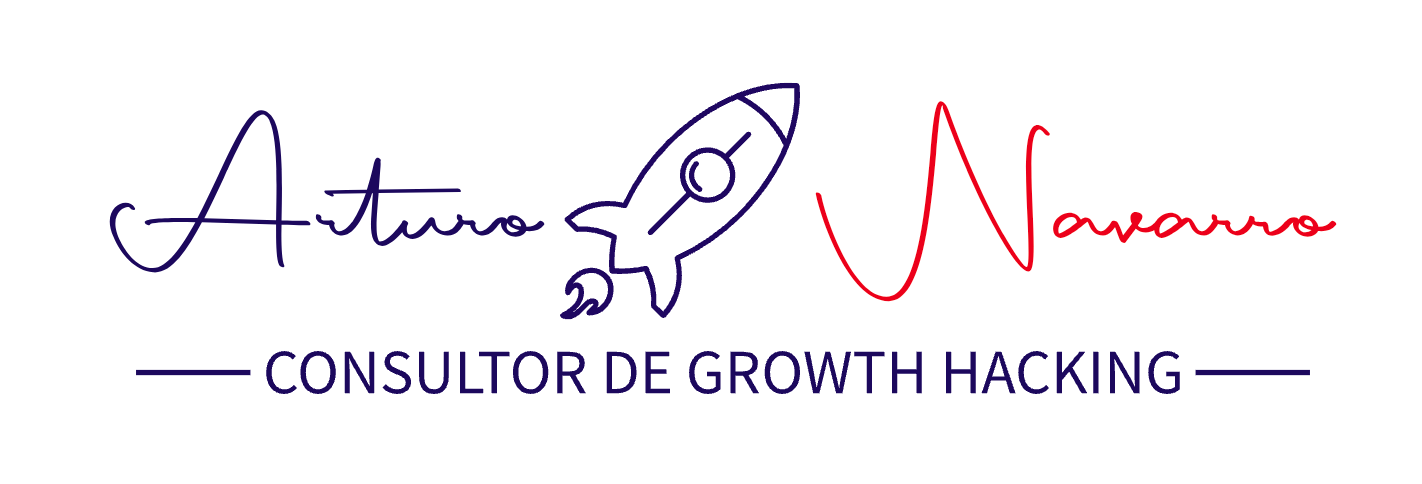Solidity is a programming language for developing smart contracts on the Ethereum blockchain. It is a high–level language inspired by C++, Python and JavaScript and is designed to target the Ethereum Virtual Machine (EVM). Solidity was created by Gavin Wood, Christian Reitwiessner, Alex Beregszaszi, and Yoichi Hirai.
The language is still in active development and is not yet suitable for production use. However, it is already being used by a number of projects and has a rapidly growing community. Solidity is statically typed, supports inheritance, libraries and complex user–defined types. It also features a sophisticated pattern matching system.
Solidity is designed to be extensible and modular. It is possible to write libraries in Solidity that can be used by other contracts. Solidity is compiled to bytecode that can be deployed on the Ethereum blockchain. The Solidity compiler is written in JavaScript and can be run in Node.js. The official Solidity documentation is available at https://solidity.readthedocs.io/.
With the advent of Bitcoin and other cryptocurrencies, blockchain has become one of the most talked about technologies in recent times. A blockchain is essentially a distributed database that is used to store a record of all transactions that have taken place on the network.
This record is then verified and shared amongst all the participants in the network, providing a secure and tamper–proof way of conducting transactions. One of the key benefits of blockchain is that it enables trustless transactions between parties. That is, parties can transact without the need for a third–party intermediary such as a bank or other financial institution.
This has the potential to disrupt many industries, including the banking and financial sectors. Another benefit of blockchain is that it is highly secure. The distributed nature of the database means that it is incredibly difficult for hackers to tamper with the data.
Furthermore, each transaction is verified and recorded by all the participants in the network, making it very difficult to commit fraud. Despite its many benefits, blockchain is still in its early stages of development and there are a limited number of programming languages that are geared towards developing blockchain applications. In this article, we will take a look at some of the most popular blockchain programming languages.

